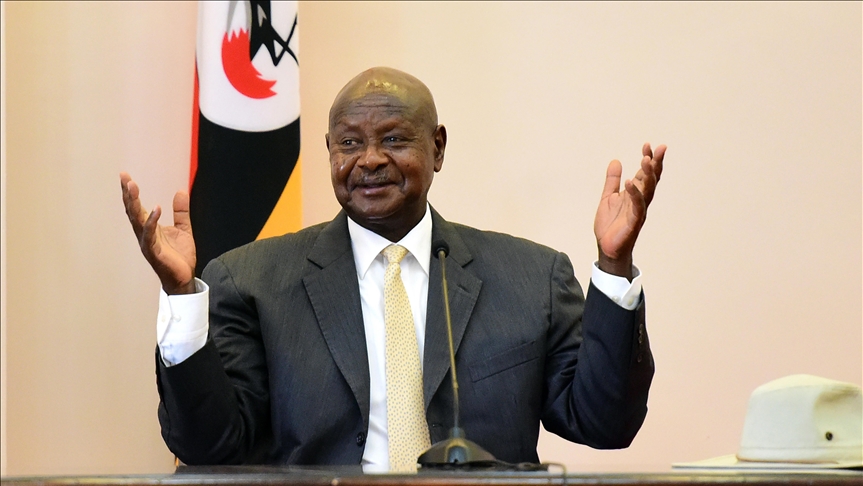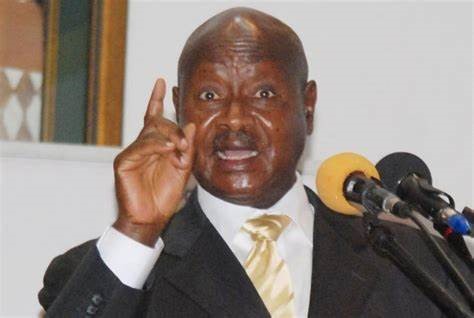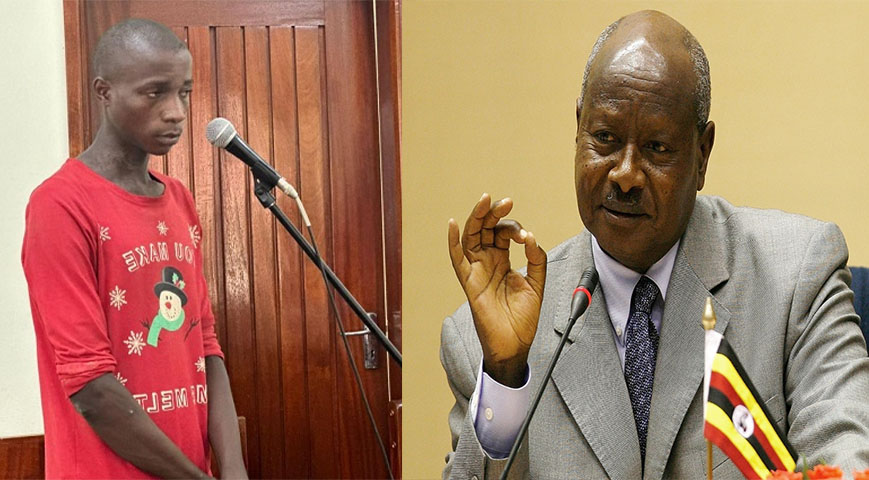A Ugandan TikTok has been sentenced to serve six years in prison for insulting President Yoweri Museveni and his family.
Edward Awebwa, 24, was prosecuted for sharing information on his TikTok account 'Save Media Uganda' between February and March 2024.

The material was judged ludicrous and degrading to President Museveni, First Lady Janet Museveni, and their son, Muhoozi Kainerugaba, who also serves as Uganda's Chief of Defence Force.
Did you read this?
Awebwa was accused of disseminating information indicating that President Museveni's taxes would be increased.
He pled guilty to hate speech and spreading false or harmful information on Friday.
In its verdict on Wednesday, the court stated that the President, First Lady, and First Son should be respected.
“The accused is pleading for mercy but he does not look remorseful at all for his acts, he is a person who was aware of what he was doing and the court had an opportunity to even see the video, the language that was being used was really vulgar,” Entebbe Chief Magistrate Court’s Presiding Chief Magistrate, Stellah-Maris Amabilisi was quoted by the local newspaper Daily Monitor as saying.
“This court is of the opinion that the accused deserves a punishment which will enable him learn from his past so that next time he will respect the person of the president, the first lady and first son.”
The court added: “Taking into account the five days he has already spent in remand, the court sentences the accused as follows: six years imprisonment for each of the four counts, with the sentences to run concurrently at Kigo Upper Prison.”
Museveni, who has ruled Uganda since 1986, signed the Computer Misuse (Amendment) Act of 2022, which imposes a prison sentence for anybody who publishes unsolicited unpleasant information or hate speech.
“A person who uses social media to publish, distribute or share information prohibited under the laws of Uganda, or using disguised or false identity, commits an offence,” the law states.
It defines offensive conduct as the "willful and repeated use of electronic communication to disturb or attempt to disturb the peace, quiet or right of privacy of any person with no purpose of legitimate communication whether or not a conversation ensues."

The crime is punished by a fine, imprisonment for not more than one year, or both.
However, rights groups and activists have voiced concern, claiming it limits press freedom and freedom of speech and expression.
The statute has been challenged in court, and Uganda's constitutional court declared in January 2023 that Section 25 of the Act conflicts with the country's constitution.









